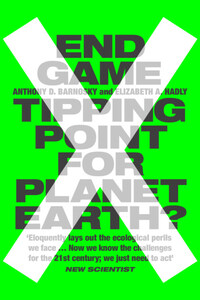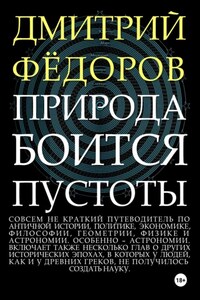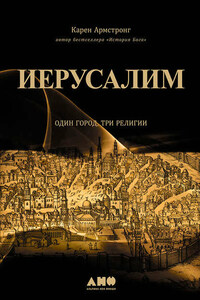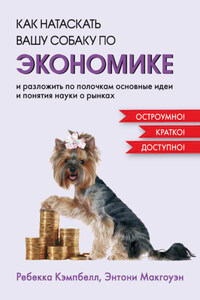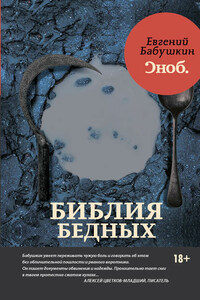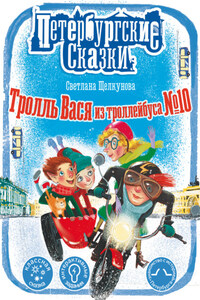This is a story of a journey. Like most journeys, it started out as a personal quest, but for us it has also been a professional one. It began when we were young scientists, driven mostly by curiosity and looking for the next big adventure. We found adventures aplenty, because our jobs as palaeoecologists – people who study how our planet changes through time – took us to remote places all over the world. Along the way we fell in love and got married, and then the personal and professional adventures started inexorably to intertwine. We had one daughter, and a few months later got her a passport and hopped a plane to Australia. Then another daughter, same routine, but this time it was six weeks in Patagonia. By the time our kids were two-year-olds, they’d spent many nights in wilderness tents with us, buried their fingers in koala fur, been carried on our backs as we forded waist-deep rivers and stared down grizzly bears, and fallen sound asleep in their snugglies as we skied back-country trails. By the time they were fifteen, they had their own list of exploits: they’d hunkered down in their own tent as lions paced through camp, taught our graduate students the Latin names of various species, trapped rodents in Patagonia, faced off angry rattlers in the Oregon desert, and watched grapefruit-sized chicken-eating spiders lead around their hundreds of young on a dark Amazonian night.
By now we’ve travelled to every continent in the world, save Antarctica; sometimes together, sometimes alone, sometimes with our daughters, sometimes not. All those trips were research expeditions as well as adventures, each of them undertaken to learn something about how nature worked in the places on which we hoped humans had not yet laid a heavy hand. And we did discover answers to some of the questions we were asking – like how animals respond to climate change that isn’t caused by people, what causes mass extinctions, how ecosystems are assembled, and how evolution works at the genetic level to keep species alive.
But we also discovered that as the years went by and the personal and professional experiences added up, the questions we were asking ourselves began to change. From the personal perspective, the more different places we visited, the more they seemed the same in a very important respect: the values that people hold dear. Eventually we came to understand that the basic wants, needs and emotions that draw people together are much more deep-seated than those that separate cultures and countries. It didn’t matter whether we were with the native Inupiat in an Arctic fishing village, with an indigenous tribe in the jungle of Peru, with scientific colleagues in India, or with executives imbibing at a fancy hotel in one of the great cities of the world. Everyone seemed united in wanting a healthy, comfortable life, putting family and friends first, and in the joy they took in basic pleasures like a good meal, a good laugh, or a pleasant stroll through a pretty place. And without exception, no matter the religion, the country, the political views or the economic class, everyone wanted the best for their children, and hoped that as their sons and daughters grew up, the world would just get better and better. As we watched our own daughters grow up, listening to their own dreams and hopes, we realised that we were no different from anyone else in those respects. Adventure and curiosity were no longer the be-all and end-all; giving our kids, and everyone else’s, the future they deserve became much more important. And our lives in science began to change.
